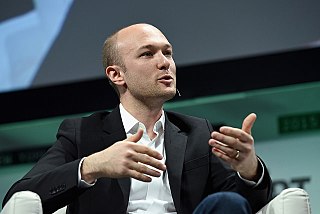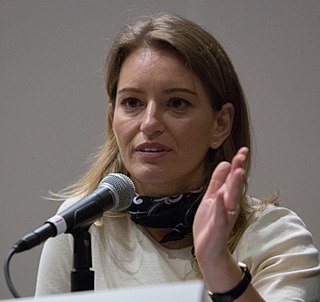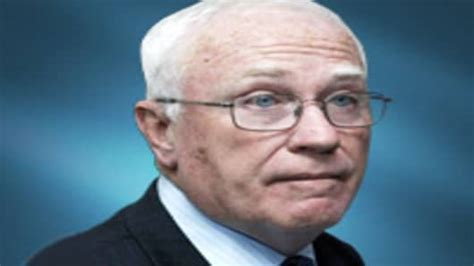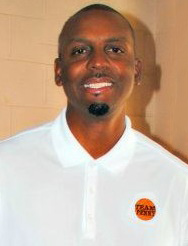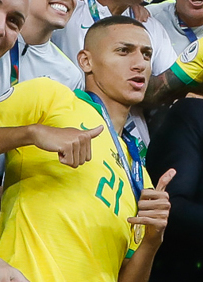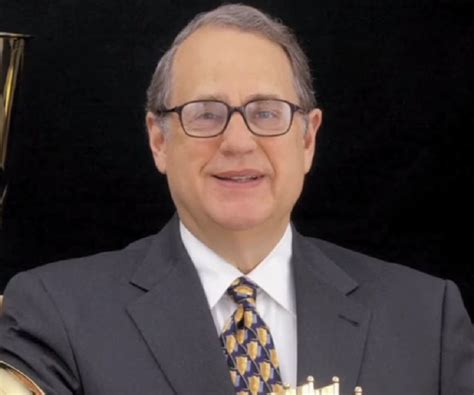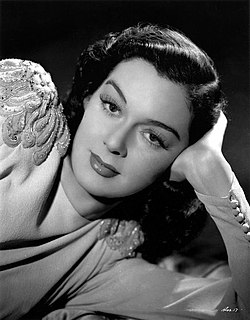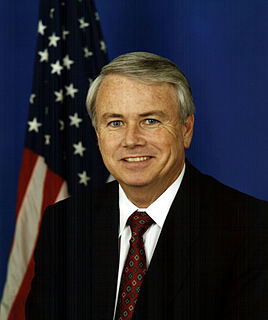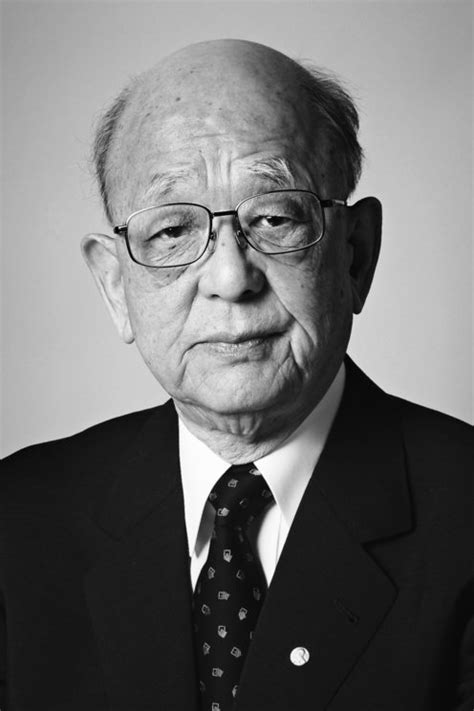A Quote by Logan Green
When I went to the University of California, Santa Barbara, in 2002, I decided I wanted to leave my car at home and create an experiment with my own life. I'd only be able to find creative solutions to transportation if I felt the pain of trying to get to downtown at 10 o'clock at night.
Related Quotes
In 1974/75, I spent a sabbatical year with Professor Vince Jaccarino and Dr. Alan King at the University of California in Santa Barbara to get a taste of nuclear magnetic resonance. We solved a specific problem on the bicritical point of MnF2, their home-base material. We traded experience, NMR, and critical phenomena.
Just as there are many more Californians now to be found in the temples of Kyoto or the villages of Bali or the mountains of the Himalayas than ever before, what is also exciting is that one can just go downtown Santa Barbara and find ayurvedic medicine, Thai restaurants, and Japanese cars in abundance.
Including my nine years as a student, the majority of my life has been at Hokkaido University. After my retirement from the university in 1994, I served at two private universities in Okayama Prefecture - Okayama University of Science and Kurashiki University of Science and the Arts - before retiring from university work in 2002.
